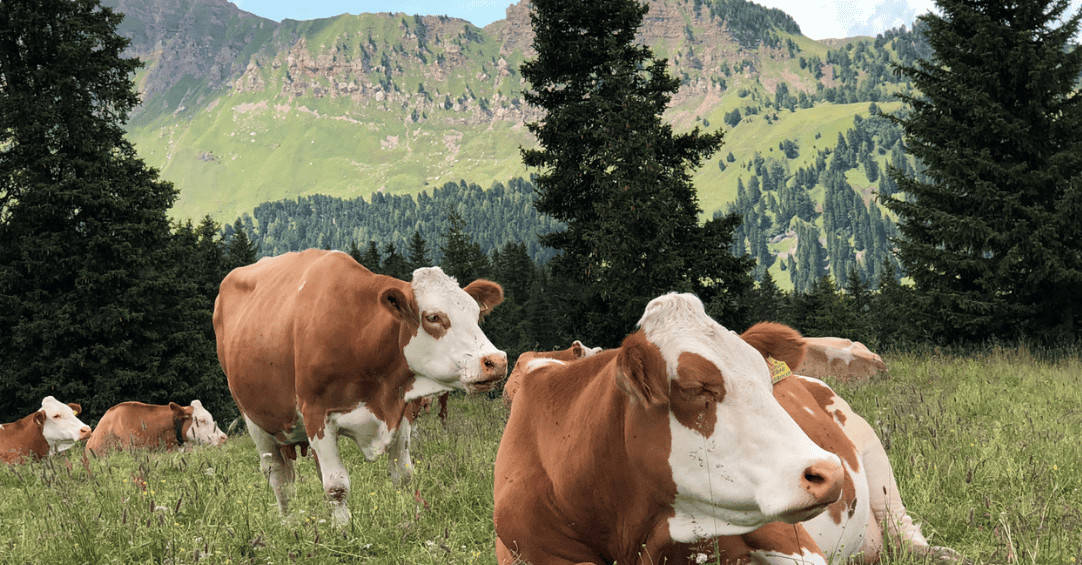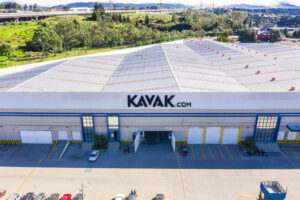
Por Jacob Atkins
June 16, 2019
Contxto – To guarantee quality beef, an Argentine startup known as Carnes Validadas (meaning “validated meats” in Spanish) is preparing to launch an identification platform for cows using blockchain technology in the next five months.
The bovine-version of LinkedIn, Carnes Validadas strives to clarify any doubts consumers may have about the origins of Argentine beef.
Nicolás Belestrini and Diego Heinrich founded the company this past May. Belestrini holds a degree in ecological sciences and a firm believer in environmental sustainability. Heinrich, on the other hand, is an agronomist with an array of experience in the beef industry.
Besides the founders, there is a multidisciplinary team and investors involved in the young meat-centric startup. Regarding investors, “they see in the project a disruptive tool that will add value to their work and win the demanding global markets of high added value,” said Heinrich.
What makes this platform novel is its use of decentralized blockchain technology. Specifically, it will allow industry players to record information about the meat production cycle, and consequently, transform this data into numerical values. This is achieved through a decentralized and fixed network registration.
In terms of company vision, Carnes Validadas aspires to develop networks within Argentina’s meat industry. Over the next five months, livestock owners will be able to identify their cattle on the system. Therefore, this “Blockchain of Validated Meats” may provide transparency, clarity, and confidence in the meat production process, especially to consumers.
The general goal is to de-commoditize meat while improving its market value via virtual blockchains.
Based on this, meat eaters will soon be able to scan QR codes on meat packages or restaurant menus. This way, they can view the “curriculum vitae” of the beef they’re about to consume. Everything from the who, what, where and how within the production process. Actors within the meat chain can then reassure consumers that they are indeed getting what they are paying for.
Much of this is due to growing consumer demands, especially in terms of traceability. That’s to say, people increasingly want to know where their meat comes from. According to the International Trade Center (ITC) in 2019, most retailers now consider sustainability measures before purchasing meat from suppliers.

-JA

Por Yanin Alfaro
February 17, 2026

Por Israel Pantaleón
February 17, 2026

Por Stiven Cartagena
February 13, 2026